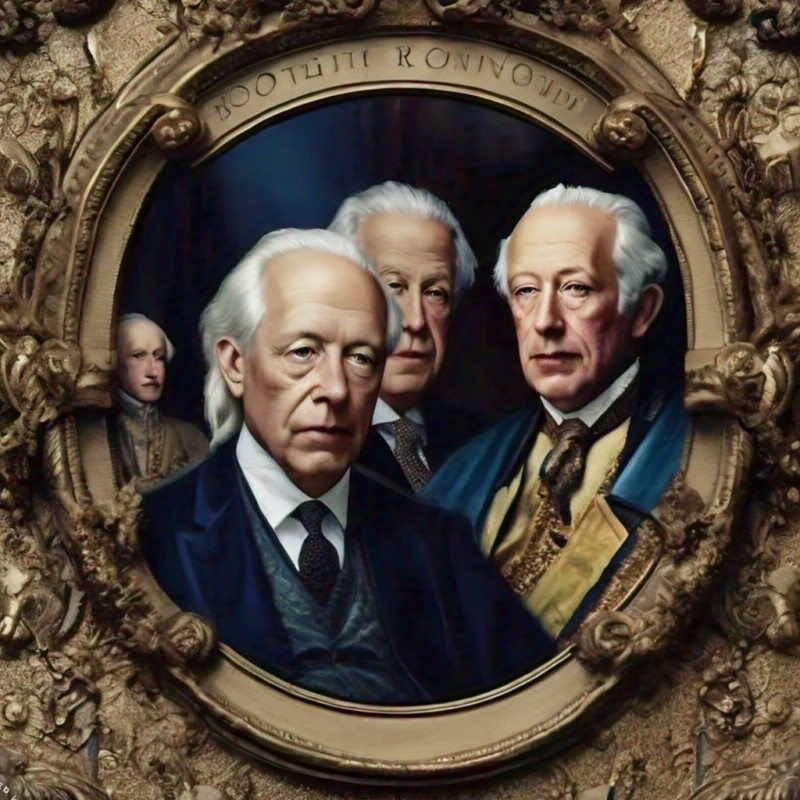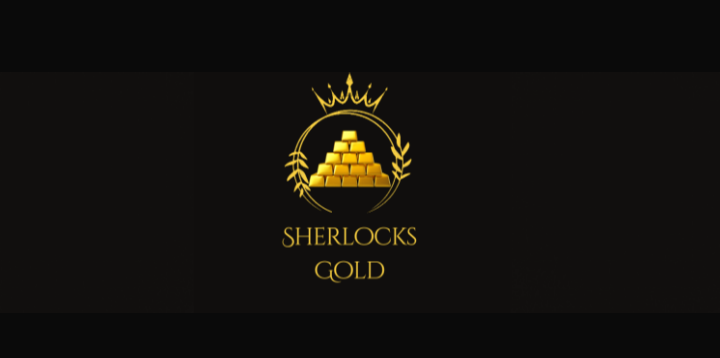
CHAPTER 11
I’ve always been intrigued by the tales of the Rothschild family. This is not just any family but a dynasty synonymous with immense wealth and influence in the realm of international finance. It’s important to grasp who the Rothschilds are: a lineage of bankers that began with Mayer Amschel Rothschild in the late 18th century in Frankfurt, Germany. Their financial practices and the subsequent success that carved their place in history are where the ‘Rothschild Formula’ originates.
So, what is the ‘Rothschild Formula’? It’s a term that refers to the strategy employed by the Rothschilds to amass and maintain their wealth over generations. It’s based on several key principles such as investing in a diverse range of assets, discreetly influencing financial markets, and a propensity for operating within conflict zones to finance warring parties — thereby reaping profits from the uncertainty of geopolitical turmoil.
Understanding the Rothschild Formula is not only about the history of banking but also about the forces shaping today’s global finance systems. It’s where history meets practice, offering insights into the economic and political power structures that still influence our world. Investors and policymakers learn that diversification, discreet market maneuvering, and opportunism in the face of chaos can lead to financial success — albeit often surrounded by ethical questions.
The Blueprint of Power: Analyzing Chapter Eleven of ‘The Creature from Jekyll Island’
The book ‘The Creature from Jekyll Island’, authored by G. Edward Griffin, explores the formation and the underlying principles of the Federal Reserve System in the United States. This socio-political commentary delves into the influence of banking cartels on government policy and economic practices.
Chapter Eleven of Griffin’s work specifically details what some have compared to the Rothschild Formula. It describes mechanisms through which international bankers have seemingly exerted control over economies by lending to governments in times of conflict. According to Griffin, this leads to a cycle of debt, taxes, and societal hardship.
Griffin’s narrative suggests that bankers fund all sides of conflicts, ensuring profit and increased control, regardless of the war’s outcome. This tactic, allegedly perfected by the Rothschild banking dynasty, points to a broader strategy where financial gain is predicated on the growth of national debts and the ensuing financial enslavement of governments.
His book has stirred not just academic interest but also public debate. While some readers view it as an eye-opening expose, others caution about its leaning into the realm of conspiracy theory. ‘The Creature from Jekyll Island’ challenges readers to critically evaluate the role of banking institutions and the possible manipulations in the field of macroeconomics.
A better understanding of Chapter Eleven prepares us to weigh reality against speculation as we advance into the next section. There, I’ll dissect the myths surrounding the Rothschilds, differentiating what’s credible from what’s not, and I will examine how their modern-day reputation aligns with historical records.
Between Fact and Fiction: Debunking Myths About the Rothschilds
Dissecting the dense foliage of myth that has grown over the Rothschild name requires a discerning eye and a commitment to truth. The Rothschilds had mastered the art of smuggling on a grand scale by funding both sides of wars, and operated a high efficient intelligence gathering system which gave them advance knowledge of important events which was valuable information used in investments. A study of this formula revaeals certain character traits which include, cold objectivity, immunity to patriotism, and indifference to human condition. This formula motivates men start war within goverments for profits. As long as central banks exists, evil men will have the irrestible tempation to convert debt into war and war into debt.
In seeking balance, it’s important to acknowledge the Rothschild’s historical influence. They’ve been key players in European finance for centuries, and their strategies, including the fabled Rothschild Formula, have certainly left an indelible mark on economic policy and international banking.
However, assessing their role with objectivity means putting aside the all-too-common sensationalist narratives. The Rothschilds, while influential, are often used as scapegoats or overblown figures in complicated geopolitical and financial equations.
Financial literacy goes beyond the romanticized portrayals or vilifications of historical figures. Understanding the underlying principles that govern financial institutions, such as those highlighted in the Rothschild Formula and dissected in ‘The Creature from Jekyll Island’, empowers individuals to make informed decisions and engage critically with economic narratives.
To that end, considering the Rothschilds in the sober light of reality teaches us a broader lesson: the necessity to question and understand the mechanisms of power and control in the financial world. By doing so, we cultivate a more nuanced perspective, free from the shadows of conspiracy, allowing for thoughtful engagement in the continuing discourse surrounding money, power, and influence.
Chapter 10 The Mandrake Mechanism
Chapter 12 The Sinking Of The Lusitania

Wow. Chapter 11. I think it would be worthwhile putting some links to the previous chapters in your post. This would help you rank higher on Google, and I, for one, am keen to easily read the preceding chapters. Unfortunately, websites are not like books, so I can’t just turn back to the last chapter to browse. I’m also intrigued by the title of your site – ‘Sherlock’s Gold.’ Is that an allusion to Shakespeare?
How can I get back to ‘The Creature from Jekyll island?’ I’d really like to read it, but I can’t find it. I’m intrigued but frustrated!!
Thank you Linden Thorp your insight and advice. I will be working on links to make it easier to navigate. The title Sherlocks Gold comes from two points, Sherlock is my middle name and the Gold is for the gold standard i believe we should go back to. Our mission is to help people solve the mystery surrounding our current financial which is the Federal Reserve Bank, and think of alternative ways and solutions to our current debt system we live in today.